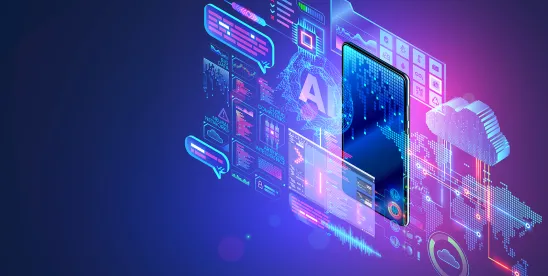I’ll keep this short and sweet.
The Supreme Court’s decision in McLaughlin Chiropractic v. McKesson has undeniably altered how the Telephone Consumer Protection Act will be enforced. But for companies using artificial intelligence voice technologies to communicate with consumers, the crucial question remains: Does this ruling actually provide a viable escape from the TCPA’s restrictions?
Previously, the FCC in its February 2024 Declaratory Ruling clarified that the TCPA’s prohibition on “artificial or prerecorded voice” calls applies to current AI technologies that mimic human voices or generate call content from a prerecorded voice.
The Court’s 6-3 decision in McLaughlin held that federal district courts are no longer bound by an agency’s interpretation of a statute. Instead, judges must independently analyze the law, giving “appropriate respect” to the agency view.
However, this ruling does not change the reality for companies using artificial intelligence voice technologies. The text of the TCPA is clear: it prohibits calls made using an “artificial OR prerecorded” voice without prior express consent. There is no viable legal argument that a call generated by Artificial Intelligence is not “artificial.”
One might argue that a sophisticated, conversational AI that generates responses in real-time is not “prerecorded” in the traditional sense of a static audio file being played. This is a plausible argument, and a debate that can now happen in court.
But that’s only half the battle. The real challenge is the word: artificial. Arguing that a technology literally named “Artificial Intelligence” is not, in fact, “artificial” is a formidable, if not impossible, task.
So to be clear: The use of AI to make voice calls without consent is illegal under the plain text of the TCPA.
The McLaughlin decision does not create a loophole to make this conduct lawful.




 />i
/>i
